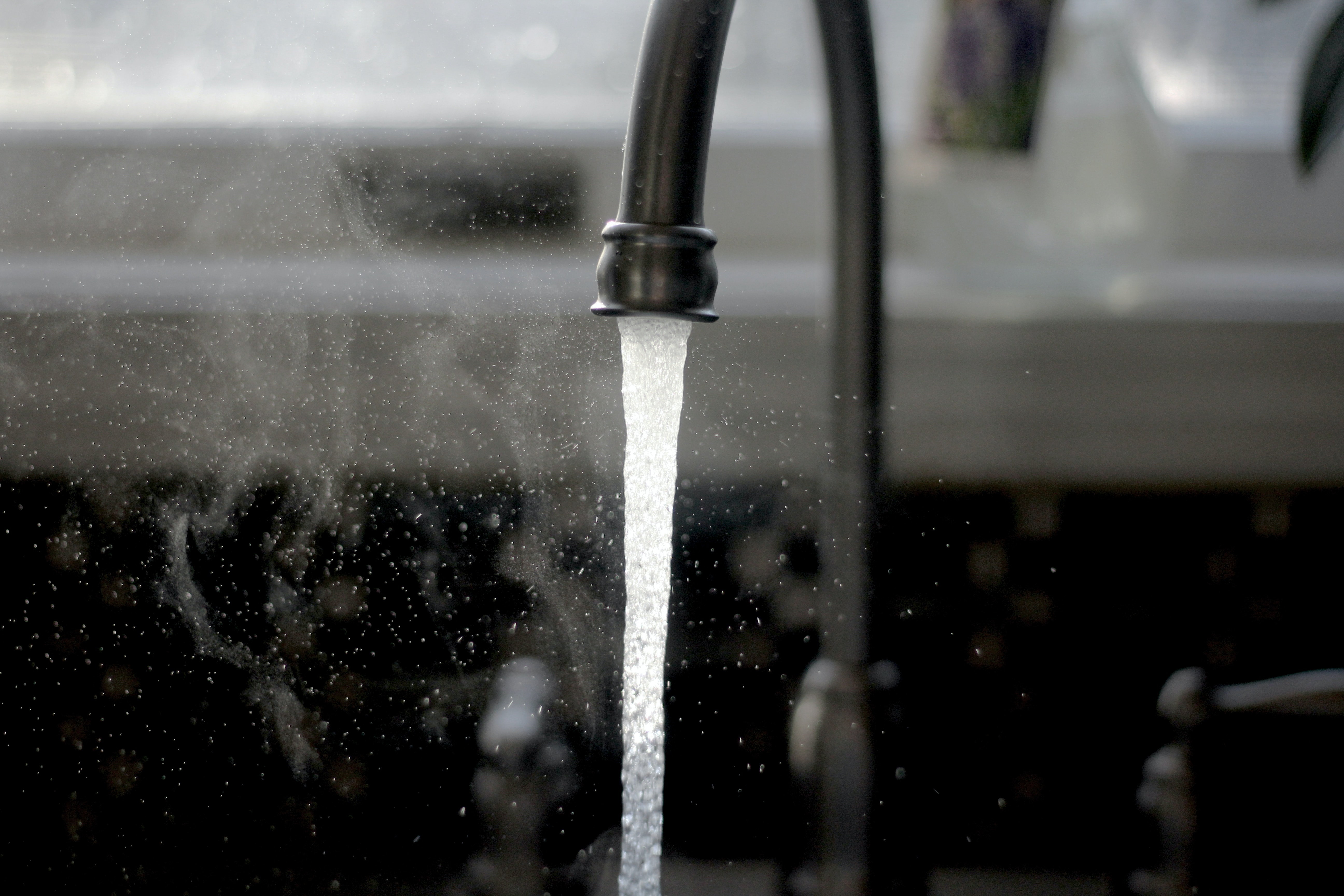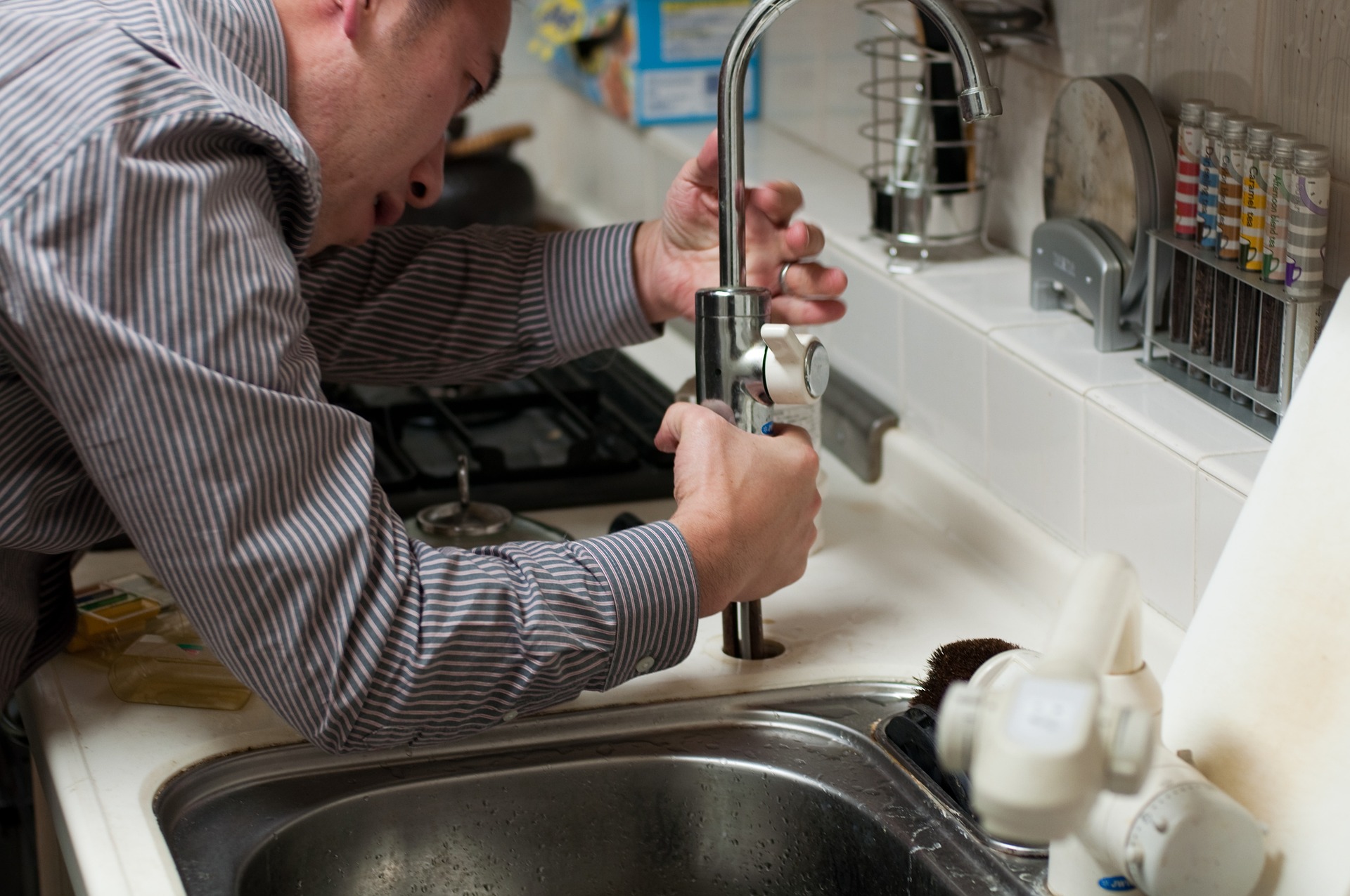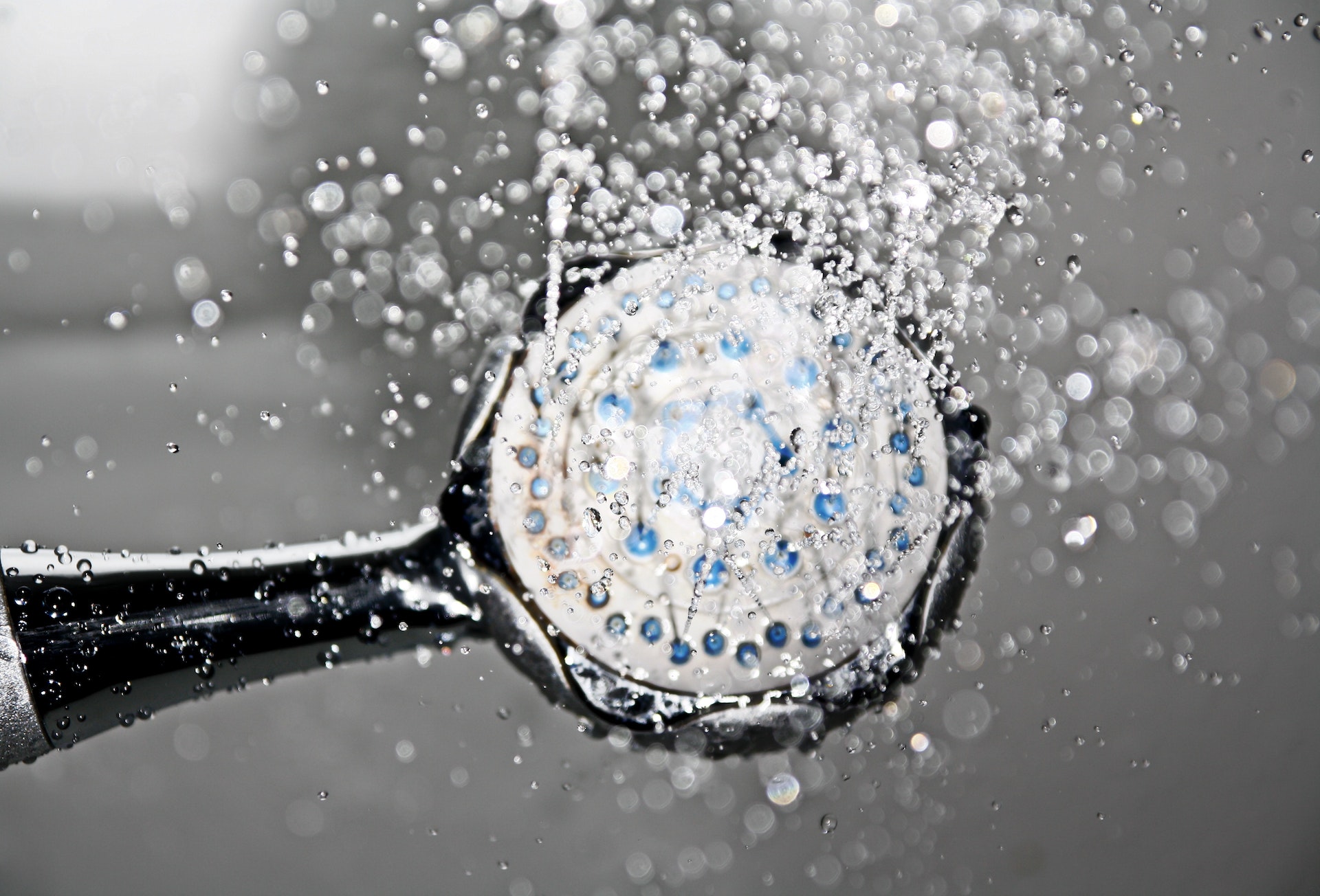As the weather heats up, it’s important for plumbers to take precautions to avoid heat-related illnesses. To promote awareness of this important issue, the Occupational Safety and Health Administration (OSHA) has launched the “Beat the Heat” contest. The initiative challenges plumbers to come up with creative ways to raise awareness of the dangers of working in hot temperatures and help workers learn how to prevent heat-related illnesses.
Heat-related illnesses can range from mild symptoms like cramps and heat exhaustion to life-threatening conditions like heat stroke. In addition to physical discomfort and pain, working in high temperatures can also lead to decreased productivity and increased risk of accidents and errors on the job. To prevent these negative outcomes, OSHA recommends that plumbers take breaks in shaded or cool areas, drink plenty of water, and wear lightweight, breathable clothing.
To enter the OSHA “Beat the Heat” contest, plumbers are encouraged to create posters or videos that highlight the dangers of working in hot temperatures and provide tips for preventing heat-related illnesses. Entries will be judged based on creativity, message clarity, and adherence to OSHA guidelines. The winners will be featured on the OSHA website and receive prizes to help them stay cool on the job, such as cooling towels, hydration packs, and personal fans.

This contest is just one of many initiatives aimed at promoting safety and health in the plumbing industry. In recent years, there has been a growing recognition of the importance of preventing workplace injuries, illnesses, and fatalities. Plumbers are exposed to a wide range of hazards on the job, from sharp tools and chemicals to falls and electrical shocks. It’s essential that they have the proper training, equipment, and support to stay safe and healthy while they work.
Some of the most common hazards for plumbers include:
1. Chemical exposure: Plumbers work with a variety of chemicals, including drain cleaners, soldering flux, and pipe sealants. Exposure to these substances can cause skin irritation, respiratory problems, and other health issues. Plumbers should always wear protective gloves, goggles, and respirators when handling chemicals.
2. Electrical hazards: Plumbers may encounter live electrical wires or appliances while working in homes, offices, or industrial settings. To prevent electrical shocks and burns, plumbers should receive proper training and follow safety procedures, such as checking circuits and using ground-fault circuit interrupters (GFCIs) on electrical outlets.

3. Falls: Plumbers often work on ladders, scaffolds, or elevated platforms to access pipes, fixtures, or equipment. Falls from heights can result in serious injuries or fatalities. To prevent falls, plumbers should use stable ladders or scaffolds, wear slip-resistant shoes, and secure their work area with guardrails or safety nets.
4. Musculoskeletal disorders: Plumbers may experience pain or strain in their back, neck, shoulders, or arms due to repetitive motions, awkward postures, or heavy lifting. To reduce the risk of musculoskeletal disorders, plumbers should use proper lifting techniques, take breaks to stretch and rest, and use ergonomic tools and equipment.
5. Heat-related illnesses: As mentioned earlier, plumbers can suffer from heat exhaustion, heat stroke, or other heat-related illnesses if they work in high temperatures for prolonged periods. To prevent these conditions, plumbers should take frequent breaks, drink plenty of water, and avoid working during the hottest part of the day.
By taking these precautions and following safety guidelines, plumbers can minimize their risk of injury or illness on the job. Initiatives like the OSHA “Beat the Heat” contest can help raise awareness of the importance of safety and encourage best practices among plumbers and other trade workers.
In addition to workplace safety, there are many other important plumbing-related topics that are currently trending in 2022. Here are just a few examples:
1. Smart plumbing technology: Many homeowners are investing in smart home devices, including smart thermostats, security cameras, and lighting systems. Smart plumbing technology, such as leak detectors and water monitoring systems, is also becoming more popular. These systems can alert homeowners to potential leaks, conserve water usage, and reduce overall energy costs.
2. Sustainable plumbing practices: With growing concern over climate change and water scarcity, many plumbers are adopting greener practices, such as installing low-flow toilets and showerheads, using greywater recycling systems, and incorporating rainwater harvesting into their designs. These practices can help reduce water waste and promote sustainable living.
3. Water quality: Many communities across the US are facing challenges related to water quality, such as lead contamination, PFAS exposure, and aging infrastructure. Plumbers can play a critical role in addressing these issues by testing water quality, installing water treatment systems, and providing education to homeowners and businesses.
4. Water heater replacement: As water heaters age, they become less efficient and more prone to breakdowns. Many homeowners are choosing to replace their older units with newer, high-efficiency models that can save on energy costs and improve performance. Plumbers can advise homeowners on the best types of water heaters for their needs and install them safely and efficiently.
In conclusion, the plumbing industry is constantly evolving, with new technologies, practices, and concerns emerging each year. By staying up-to-date on the latest trends and topics, plumbers can provide the best possible service to their clients while also protecting their own health and wellbeing. Whether it’s promoting workplace safety or addressing water quality concerns, plumbers are essential to ensuring the health and happiness of communities across the country.






